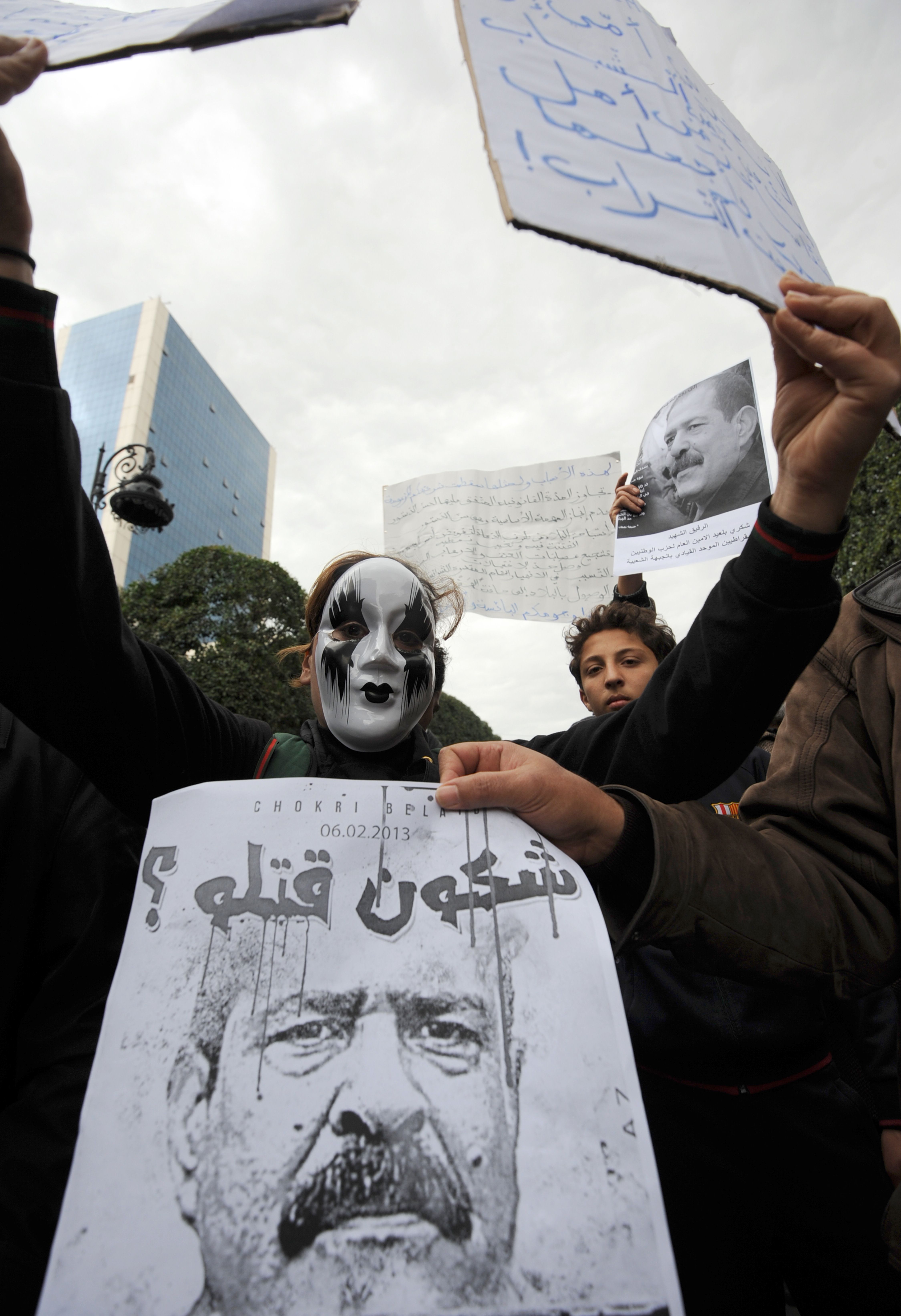CAIRO: US Ambassador to Egypt, Margaret Scobey, held a roundtable discussion Thursday on President Barack Obama’s Middle East speech to discuss how the US views developments in the Middle East, and to define clearly how the United States intends to position itself in support of emerging democracies throughout the region.
“He [President Obama] wanted to make very clear that the United States absolutely supports the emergence of democracies and will support as a very, very high priority the efforts of citizens around the Middle East to develop democratic institutions and to work to establish the institutionalizing of respect for human rights in terms of freedom of assembly, freedom of association, of the rule of law, and all the other elements that compose successful democracies,” explained Scobey in her opening remarks.
Scobey noted that Obama pointed out that successful democracies and democratic transitions not only depend on political and constitutional reforms but also on broadening the scope of economic opportunity for citizens so that democracy and the hope that it inspires in people is not just for political advancement, but also for economic changes that broaden opportunities to everyone and allow citizens to be more engaged in trying to raise their standard of living.
On this basis, he talked in particular about a number of steps that the US has already begun to take that can support Egypt in both the long and short terms as it begins this process of democratic transition.
“We’ve had a number of consultations with your government and with members of civil society. And many people have focused on the issue of debt,” said Scobey, adding that while it may not be a huge amount of debt, but it does obviously require debt service every year.
“We have put together a proposal to the Egyptian government, and we will give details to them in the coming days, on how we can relieve Egypt of these debt re-payments for the next three years at least,” she explained.
The US will also seek to guarantee a loan in the American financial markets at a very low cost, that could allow Egypt to raise up to a billion dollars for infrastructure projects.
“Again, the details have to be worked out, but with both of these approaches, we can help Egypt realize significant fiscal space and extra resources to help the coming few years when it’s going to be obviously a great support to the Egyptian economy,” Scobey said.
The Overseas Private Investment Corporation (OPIC) has identified $2 billion for the region much of it they anticipate could go to Egypt. “We are also developing within that framework a specialized program for Egypt that will guarantee and underwrite financing for small and medium enterprises to have access to capital,” she said.
Scobey also explained that they got through the first legislative step of getting congressional approval for an enterprise fund, one for Egypt and one for Tunisia.
Furthermore, the US is working to ensure that Egypt can have access to the technical expertise and financing of the European Bank for Regional Development, which has been focused almost exclusively on emerging democracies in Eastern Europe.
Although President Obama’s speeches have an emotional impact, Egyptians who found the 2009 speech inspirational are now very skeptical.
“We have tried to work very hard to translate those words into actions, what [President Obama] did promise is reorienting our approach to the Muslim World based on mutual interest and mutual respect and I think we have done and we are continuing to do that,” Scobey explained.
She pointed out that Obama’s decision to speak again reflects his continued belief that the US must find the right path for its engagement in this region. In addition, not everything that he aspired to achieve has been achieved. In his address on Thursday he acknowledged the frustration and disappointment felt at having not made as much progress in Israeli-Palestinian peace.
“We aren’t the sole player; Palestinians have to agree to negotiate. At one point they pulled themselves from the negotiations. Israelis, we had wanted them to stop settlement activity, they didn’t,” she said.
“I think that we have done a lot, that the two speeches back to back, both in 2009 and 2011 are both complementary … the people of Egypt went to Tahrir and said we are tired to be told what to do, we want a voice in our own government and the speech very clearly recognizes this, that’s a big change from where the region was two years ago, we are adapting and the president [said] that the United States will always support efforts of people to have a role in their government,” Scobey said.
On a final note, Scobey touched upon the nomination of Ambassador Anne Patterson to succeed her as ambassador to Egypt, which is yet to be confirmed by the Senate.
“I can assure you that the President has identified one of our most experienced and senior diplomats to come to Egypt at this very critical time,” she said, adding “although it’s a sad thing for me to be anticipating my departure, it is a very strong statement about the President’s support for a strong bilateral relationship for one of our strongest and best diplomats to come here.”

